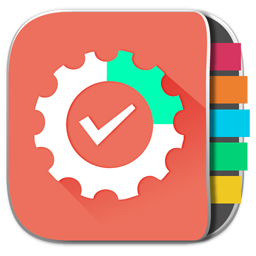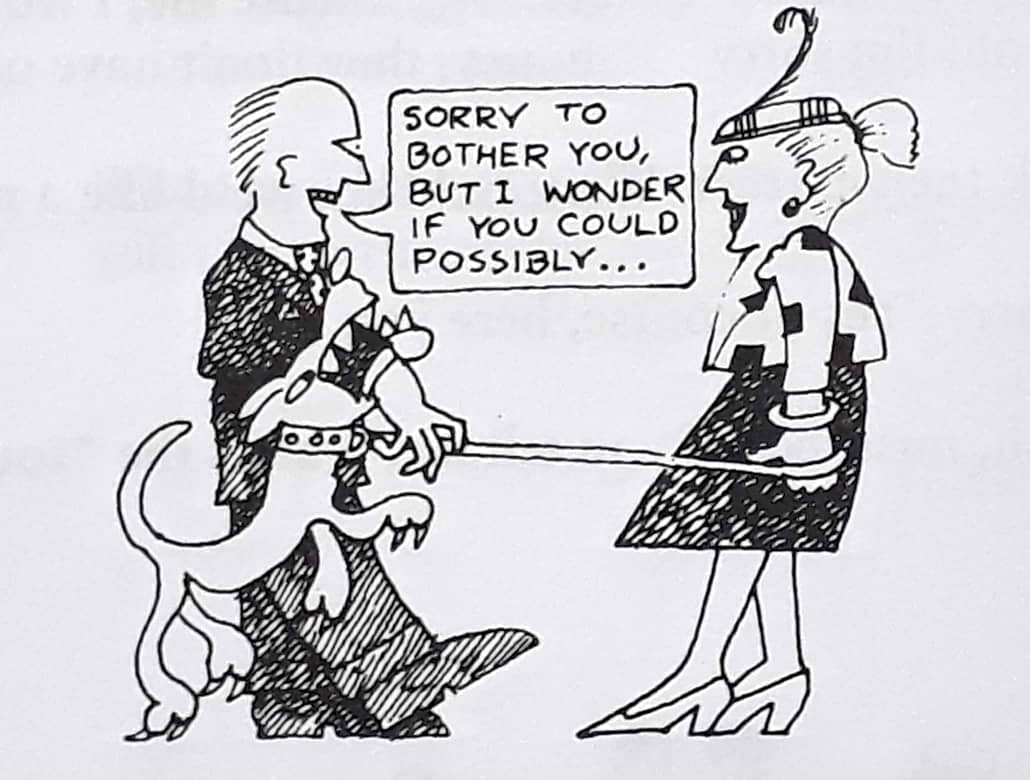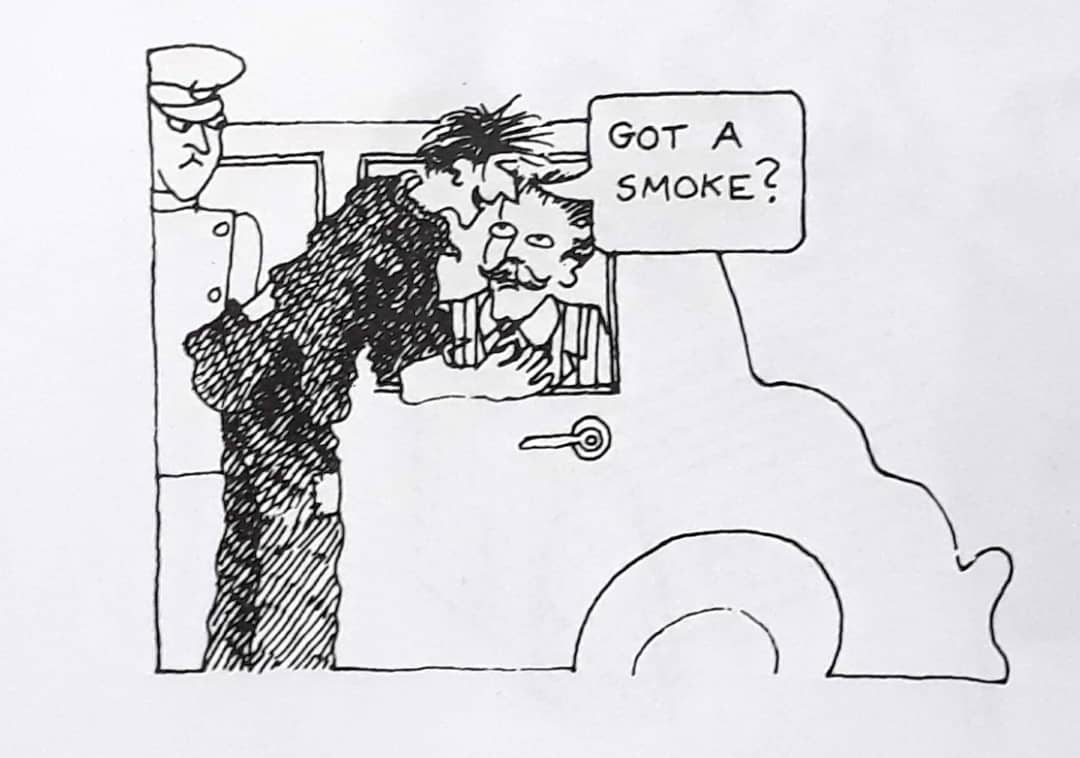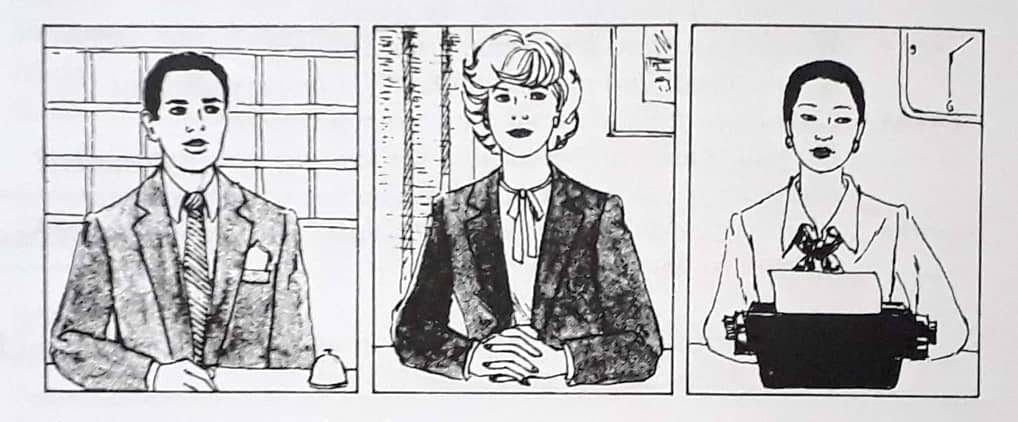Getting people to do things:
requesting, attracting attention, agreeing and refusing

Students are expected to study the presented materials and participate in online courses with their peers in Saturday, Monday, and Wednesday at 10 to 10:45 in LMS environment. In these sessions students under suervision of the instructor of the course, interact woth each other and receive feedback from their peers. The last session that is again online, students in groups of two join the online session in Skype and interact with do the required tasks. After each conversation (10 to 12 minutes) instructor will provide students with her feedbacks on their activities during the week and last session as well.
 Conversation
Conversation
Bob: Well, what do you think of this, Mary? Do you like this restaurant?
Mary: Oh, honey, it looks very nice. Oh, look, let's see if we can sit over there by the window so we can look at the water!
Bob: Oh yeah, sure. Uh, hm, excuse me miss, could we have a table over there by the window?
Waitress: Nuh, I'm sorry, we're closing that section. Would you mind sitting over here?
Mary: Oh ... oh, all right, sure.
Bob: Mm ... Well, OK, I wonder what's on the menu.
Mary: I'm starving.
Bob: We don't have a menu. There's not one on this table.
Mary: Oh.
Bob: Mary, d'you think you could, uh, ask those perople over there ...
Mary: Oh sure, honey. Just a minute. Um, excuse me, I wonder if we could ... oh, I'm sorry ... honey, they don't have one either.
Bob: Oh, I'll ask waitress. Waitress! Um, we'd like a menu please.
Waitress: Oh, I'm sorry. Yes of course, here you are.
Mary: Thank you.
Bob: Thanks. Ah, miss, could you tell me, what's the "soup of the day"?
Waitress: Well, the "soup of the day" is cream of asparagus.
Mary: Oh.
Bob: Ah. Well, could you tell me the ... about your "specials"?
Waitress: Oh. Well, the "special" today is spaghetti.
Bob: Uh-huh. Well, if you were going to be eating here yourself, what a ...what would you have? What's really good?
Waitress: Mm ... I'd recommend the steak ...
Bob: Steak.
Waitress: ... we have really good beef here, yeah ...
Mary: OK. Well, give me a couple of minutes to think about it, OK>
Waitress: OK. I'll be right back.
Mary: Ok.
Bob: Thank.
 Presentation: requesting
Presentation: requesting
When you want someone to do something for you, there are many English expressions you can use. Some of these expressions are too polite for some situations. Other expressions sound rude in particuar situations. The right expression to use depends on:
a) how difficult, unpleasant, or urgent the task is, and
b) who you are and who you are talking to - the roles you are playing.
See what happens in this example if too much politeness in an urgent situation:

Imagine what will happen in this rude request for a favor from an important man!

Here are some useful ways of requesting. yhey are marked with stars, according to how polite they are.
* Hey, I need some change.
I'm all out of change.
** You don't have a quarter, do you?
Have you got a quarter, by any chance?
Could I borrow a quarter?
*** You couln't lend me a dollar, could you?
Do you think you could lend me a dollar?
I wonder if you could lend me a dollar.
**** Would you mind lending me five dollars?
If you could lend me five dollars, I'd be very grateful.
***** Could you possibly lend me your typewriter?
Do you think you could possibly lend me your typewriter?
I wonder if you could possibly lend me your typewriter.
****** I hope you don't mind my asking, but I wonder if it might be at all possible for you to lend me your car.
![]() Discuss with your peers and your teacher when you would use these request forms. Can you add any more forms to the list? Share your suggestions in the comment box.
Discuss with your peers and your teacher when you would use these request forms. Can you add any more forms to the list? Share your suggestions in the comment box.
 Excercise
Excercise
Because your tone of voice is extremely important when you ask someone to do something, this section should be done with your teacher. You may need to be corrected frequently at first.
Treat your teacher as an equal whom you know but do not know very well. Ask him or her to lend you these things:
nickel pen comb
quarter stopwatch dictionary
$ 5 bicycle kleenex
$ 100 piece of paper nail file
$ 500 typewriter car
Now ask him or her to do these things:
open the window halfway - open it all the way - close it
open the door - half close it - close it
move his or her chair - move it elsewhere - move it back to its original position
explain these words - rude, appropriate, urgent
get you a drink, a sandwich, a newspaper, some cigarettes
give you a cigarette, a light, a pencil, a recommendation
 Communication activity
Communication activity
Begin working in pairs. In this activity you will be asking people to do different things for you. One of you should look at activity 1 while the other one looks at activity 2.
Saturday: 10:00 - 10:45 P.M.
 Excercise
Excercise
So far you have practiced different forms of request that depended mainly on how difficult, unpleasant, or urgent the task was. We are now going to look at the second variable: the role of partcipants. Your teacher is going to play a number of different roles (see below), each one for a few minutes. Get him or her to do some of the same things you wanted done in previous excerise. By the way, there may be some tasks that you shouldn't ask these people to do!

the receptionist in a hotel
your boss in an office
your secretary in an office

your best friend
your father (or mother)-in-law-to-be
an elderly stranger
a child
 Communication activity
Communication activity
Work in pairs. You will be asking different kinds of people to do different things for you. student A should look at activity 3 while student B looks at activity 4. All those playing student B will have to meet to divide up the roles mentioned in their activity.
Monday: 10:00 - 10:45 P.M.
 Presentation: attracting attention, aggreeing and refusing
Presentation: attracting attention, aggreeing and refusing
It issometimes difficult to attract the attention of someone who is busy doing something. HEre are some expressions you can use to get someone's attention in a polite way:
Uh, excuse me ...
Pardon me ...
Uh, Mr. Jones
Hey, Betty ...
People try to attract your attention when they want to ask you to do something. You may then want to agree to do it or refuse to do it.
To agree:
OK.
Sure.
I'd be glad to.
Yes, of course.
To refuse:
I'm sorry, but ...
I'd like to, but ...
I'd really like to help you out, but ...
Be careful to be polite when you refuse requests. North Americans often give an excuse in order not to hurt the listener's feelings. These excuses are sometimes called "little white lies", but of course they should not involve serious or obvious lying.
 Excercise
Excercise
Make up conversations from the cues below, using expressions presented in the previous task. Follow this pattern:
A: Excuse me ...
B: Yes?
A: I was wondering if you could lend me your dictionary - I'm doing my homework.
B: I'm sorry. bI'm using it right now. Maybe later.
A: Oh, that's OK. Thanks anyway.
open the door check the spelling in a letter for me
lend me the newspaper type an application form for me
give me a cigarette give me a ride home
get me a cup of coffee arrive on time
pass the salt write more clearly
tell me the time speak more slowly
 Communication activity
Communication activity
Work in pairs. You will be asking strangers to do different hings for you. One of you should look at actvity 5 while the other one look at activity 6.
Wednesday: 10:00 - 10:45 P.M.
 Communication activity
Communication activity
Work in groups of two or three on three different situations where someone needs help. Student A should look at actvity 7 while student B and C look at activity 8.
Are you ready for online meeting with the instructor of the course? If you are, don't hesitate and join us to talk with your peers and recieve feedback on your steps of prgress in the course.
Thursday: 10:00 - 11:30 P.M.
 Written work
Written work

Discuss these ideas with your teacher before you start writing.
1. You have a rich uncle. You want him to lend you some money so that you can buy a new car. He knows you smashed up your old one. Write him a letter asking him to lend you the money. Give reasons.
2. You have a nephew (or niece) who always spends too much money. You have just received a letter asking for more money. Reply as you think fit.
3. Write in dialogue form the first part of one of the conversations you had in previous activity.
![]()
Please email your letter to: tasks@itelt2019.blog.ir
______________________
Refrence:
Jones, L., & von Baeyer, C. (1983). Functions of American English: communication activities for the classroom (Vol. 1). Cambridge University Press.



نظرات (۰)